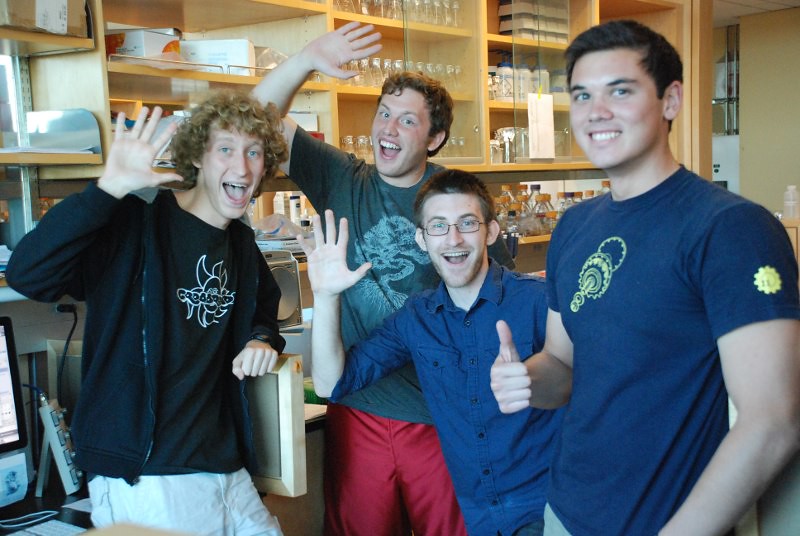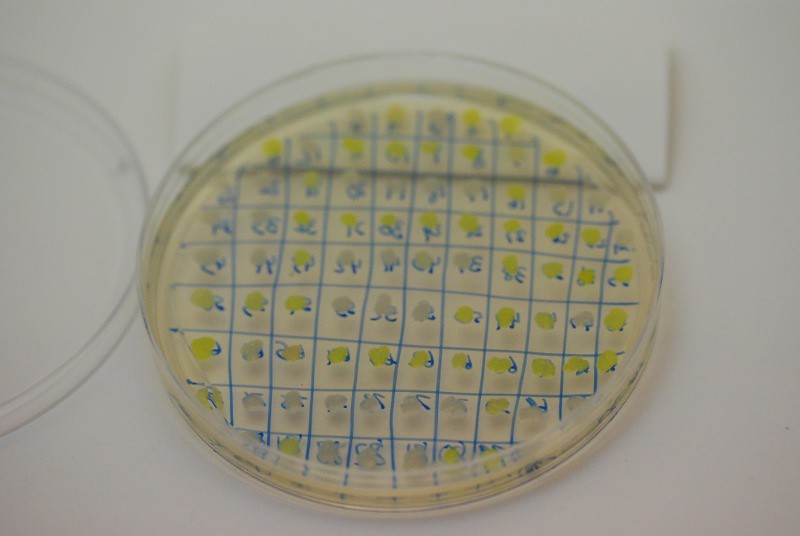Team:UC Davis
From 2011.igem.org
| Line 50: | Line 50: | ||
<div class="floatboxright"> | <div class="floatboxright"> | ||
<h2>Attributions</h2> | <h2>Attributions</h2> | ||
| - | Credit for the various facets of our project, from | + | Credit for the various facets of our project, from wetlab work to graphic design can be found on our <a href="https://2011.igem.org/Team:UC_Davis/Attributions">attributions</a> page, along with a list of the awesome, free, open-source software that we used to make this project happen. |
</div></p> | </div></p> | ||
</div> | </div> | ||
Revision as of 17:54, 26 October 2011
Start a Family
Got a favorite BioBrick? Check our our process for expanding basic parts into part families.Criteria
View our judging criteria for iGEM 2011 here.
Welcome
 Welcome to iGEM 2011 at UC Davis!
Welcome to iGEM 2011 at UC Davis!
The four of us have been hard at work on this year's project. We've fine tuned a powerful (and simple) part family generation process, and used it to expand the functionality of the LacI promoter, R0010. We also mutated GFP!
In addition, we developed KO3D, an interactive, cross-platform javascript plotting library for displaying scientific data on the web in 3D.
We had a great time at the regional competition in Indianapolis and look forward to seeing all of the other teams at the World Championship at MIT!
Our Project
This is the third time a team at UC Davis has competed in the iGEM Jamboree. This year, we are focusing on foundational advances for BioBrick circuit synthesis. Part families, groups of parts with a unified function and differeing characteristics, are some of the most useful parts of the registry. Our project aims to streamline the process of expanding basic parts into part families, from promoters to protein-coding genes.
 We set out to create useful mutant libraries of commonly used parts, starting with the repressible LacI promoter. You can read more about our project here.
We set out to create useful mutant libraries of commonly used parts, starting with the repressible LacI promoter. You can read more about our project here.
We think that thorough characterization should be a priority for all parts submitted to the registry. You can view information about our project here. You can also review our characterization process and characterization data for LacI on our data page.
 "
"




